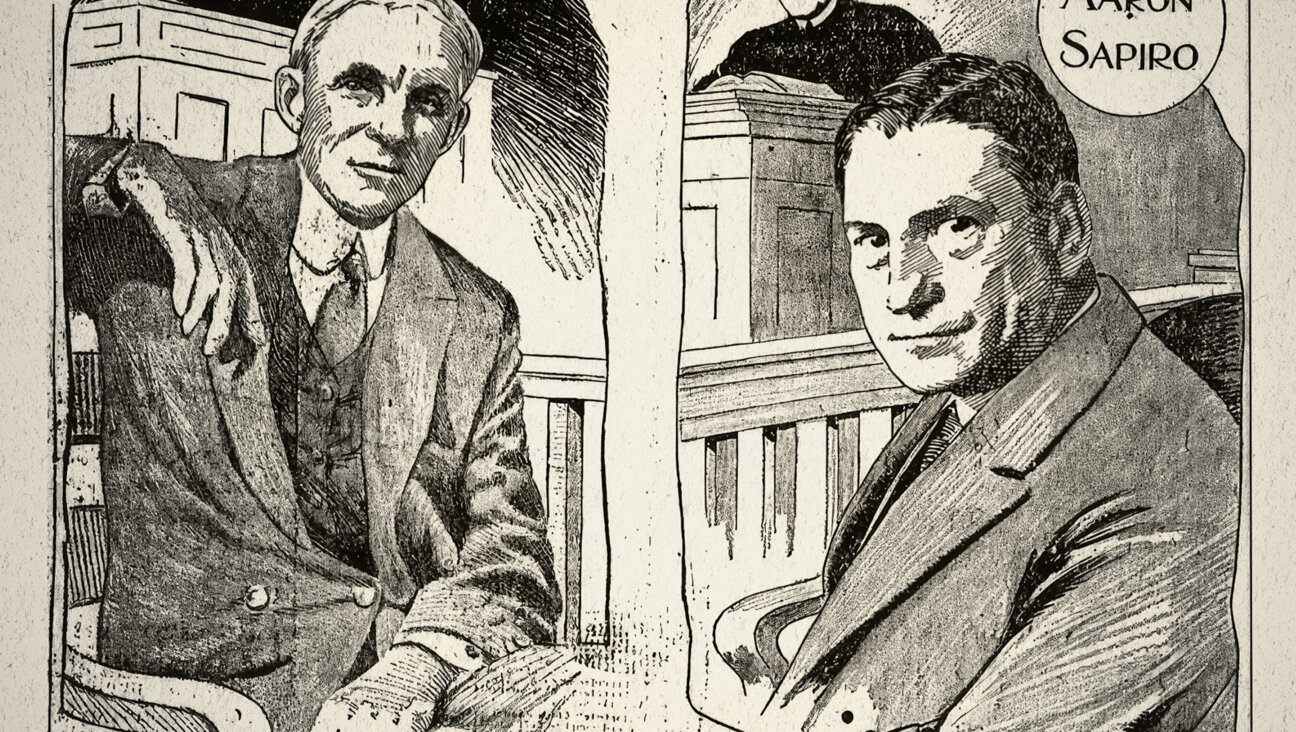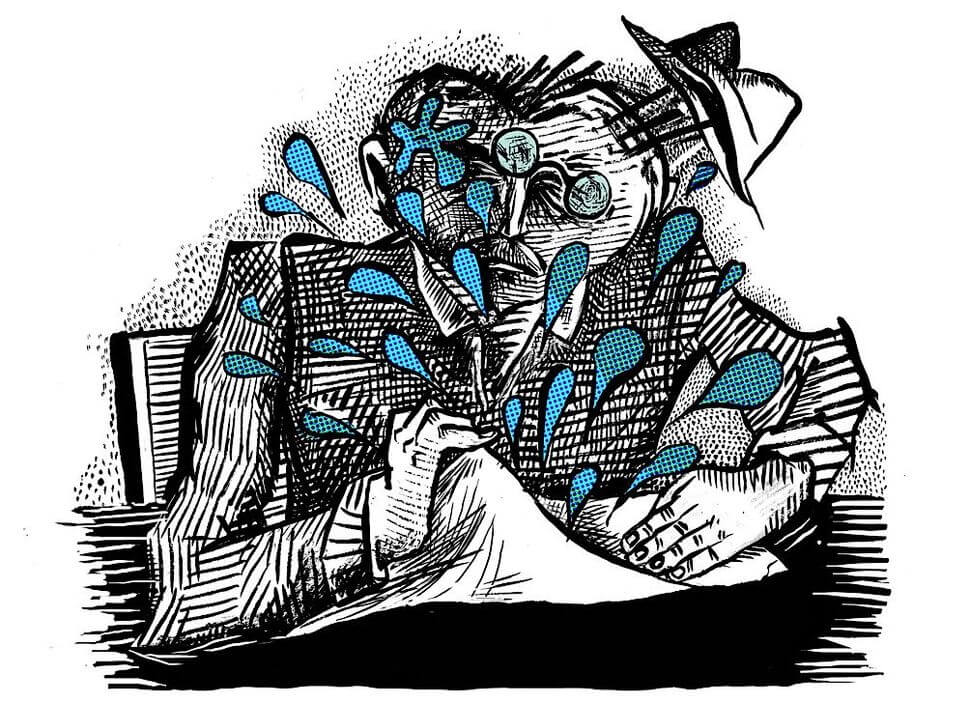Disease Threatens U.S. Kosher Chicken Supply at Empire Kosher and Other Plants

Image by Courtesy of Empire
A large percentage of the chickens killed at kosher slaughterhouses in recent months were unfit for kosher consumption due to a mutated chicken virus that has threatened the entire kosher poultry industry.
Industry officials say that the virus has been brought under control, yet the country’s biggest poultry producer was battling a major outbreak as recently as six weeks ago, just as the high-volume Passover holiday season neared.
The disease, a new strain of a common poultry malady called the avian reovirus, cannot harm humans. But the damage it causes to the tendons of infected birds makes those birds unkosher under Jewish law.
Up to a quarter of the birds slaughtered at some kosher plants were rendered unkosher by the virus at the height of the outbreak, according to the Orthodox Union, a major kosher certification agency.
“For a few weeks, there was a concern about a shortage and also prices going up,” said Rabbi Menachem Genack, CEO of the Orthodox Union Kosher Division, a major kosher certification agency. “But that’s been resolved.”
The outbreak has particularly affected chickens bred in Pennsylvania, a state that supplies a large proportion of the kosher poultry in North America. A vaccine has been available to treat the mutated virus since October 2012, according to Patricia Dunn, a professor and avian veterinarian at Pennsylvania State University. Birds bred in flocks treated with the vaccine were available for slaughter in January.
The virus hit Empire Kosher, the state’s largest chicken producer, in late January and early February. A representative of the company said that 10% of chickens slaughtered at its Pennsylvania plant were found to be unkosher at the outbreak’s peak.
The plant’s production was halted for the day on February 28. Empire spokesman Elie Rosenfeld said that the holdup was due not to the reovirus, but rather to underweight chickens being delivered to the plant. In a March 1 report, Haaretz cited unnamed sources claiming that the plant was closed because of high rates of reovirus-afflicted birds. Rosenfeld explicitly denied this in conversations with the Forward on February 28.
“The peak of this problem was the end of January, beginning of February,” Rosenfeld said.
The virus hit Empire later than it did other plants because the massive, vertically integrated kosher poultry firm gets its chickens from its own farms. Unlike the farms that serve other slaughterhouses, Empire’s farms apparently remained disease-free until early this year.
The prohibition against eating birds with broken tendons, or tzomes hagidin, is deeply rooted in Jewish law. Yet broken tendons were not often a problem in North American birds, so kosher slaughterhouses traditionally didn’t check to ensure that the tendons were intact.
That changed in 2012, when kosher monitors at the KJ Poultry plant in Monroe, N.Y., began to notice a high number of broken tendons. At the worst point in the outbreak, the plant found that 6% of its slaughtered birds were unkosher, according to a representative.
KJ Poultry officials informed the O.U. of the growing problem. The O.U. instructed other plants to inspect the first 200 birds in each delivered flock and then to inspect every single slaughtered bird if that sample showed more than a 2% rate of broken tendons.
Insiders say the outbreak caused significant stress in the industry. Naftali Hanau, owner of the boutique kosher meat firm Grow and Behold, said that the slaughterhouses he dealt with during the summer of 2012 were panicked. “I would be calling to try and schedule my processing… and they would say to me: ‘We had 15% or 20% of our chickens today go treyf, I can’t talk to you right now.’”
Chickens with broken tendons can be sold as nonkosher, but they fetch lower prices and present other logistical challenges to meat sellers.
Dunn said that breeder chickens have been vaccinated against various strains of avian reovirus since the 1980s. Some of these viruses can cause damage to chicken tendons. Beginning in February 2012, a new strain of the virus that couldn’t be controlled by the available vaccines began to appear at chicken farms throughout Pennsylvania. “I would say that it affects multiple, multiple farms,” Dunn said.
The virus causes only slight damage to the chicken. Dunn suspects that the strain originated elsewhere but went unnoticed until the birds reached the kosher slaughterhouses served by Pennsylvania farms, where the virus’s effect was seen in the kosher inspections.
Officials prepared a vaccine from samples of infected birds last September and began to treat flocks in October. “It was really not until January of this year that we had any significant proportion of progeny from the vaccinated breeders placed on farms to grow,” Dunn said. “It’s looked pretty good that this has been helpful.”
With the advent of the vaccine, most chicken plants seem to have returned to normal. The KJ Poultry representative said that the proportion of chickens with broken tendons discovered after slaughter was now less than 0.5%.
Empire, which apparently has not yet been able to vaccinate its flocks, is now checking the birds for the virus before shipping them to the slaughterhouse.
“Instead of bringing in flocks of chickens that had the problem and testing them, [we are] finding out in the field,” Rosenfeld said. The plant’s yields of kosher birds are now back to normal, he told the Forward.
Contact Josh Nathan-Kazis at [email protected] or on Twitter @joshnathankazis
















